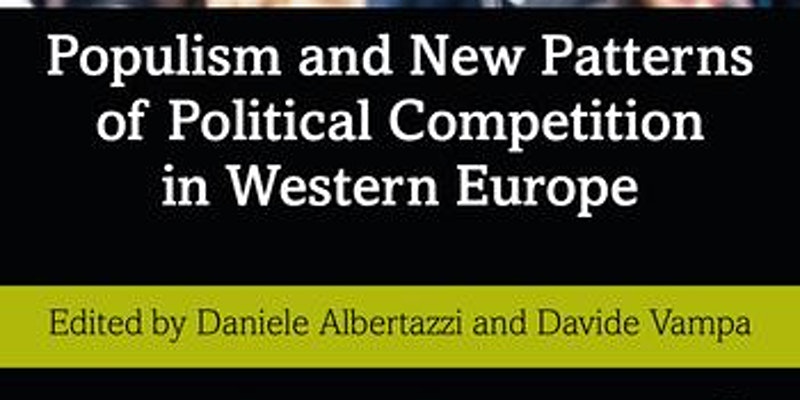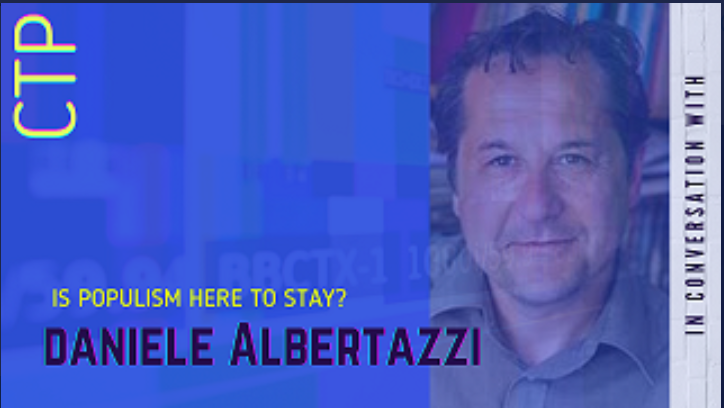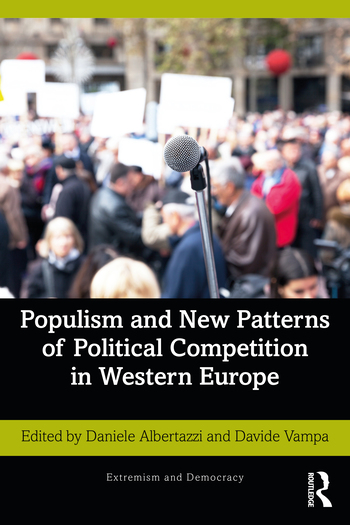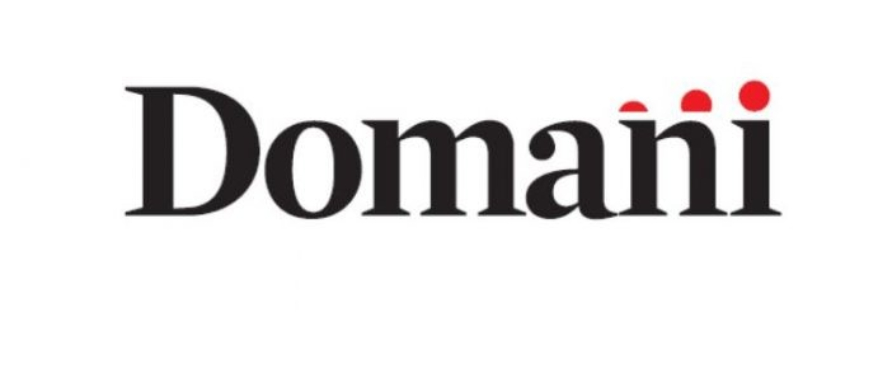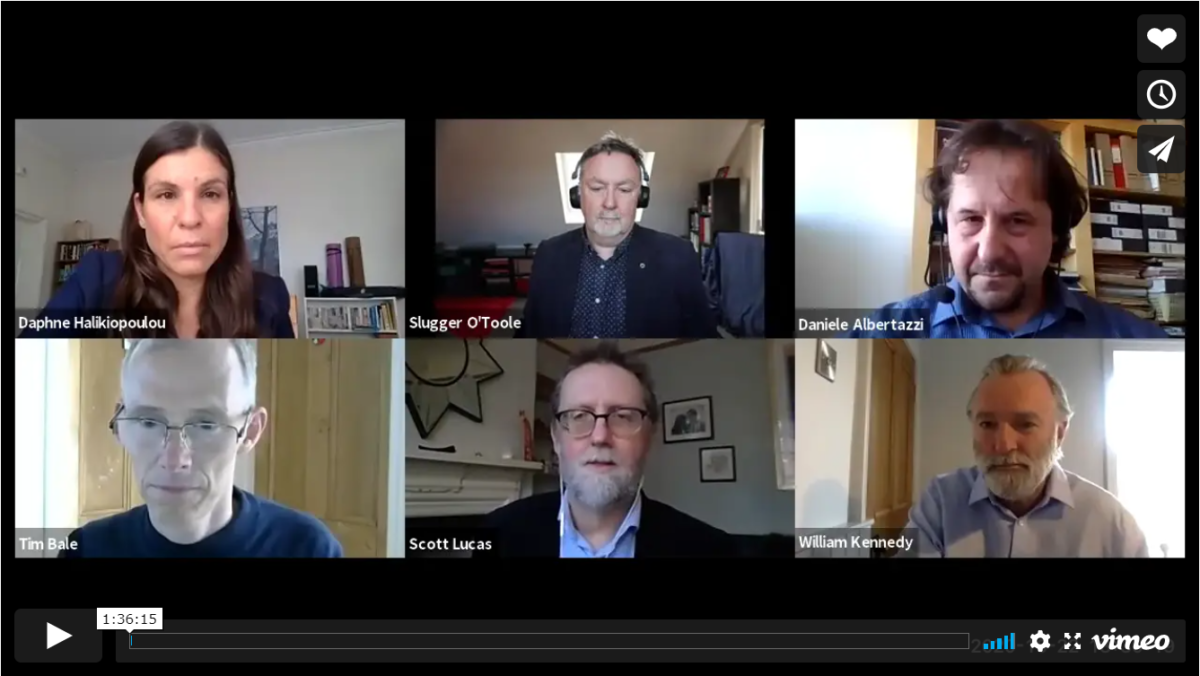New Patterns of Political Competition in Western Europe: Populists vs. Populists
Join us on Wednesday 24th of February at 16:30 for a seminar exploring the increasingly significant and prominent phenomenon of intra-populist party competition in Western European Polities.
Drawing upon research presented in the recently published co-edited: “Populism and New Patterns of Political Competition in Western Europe”, co-edited: by Dr. Daniele Albertazzi (University of Birmingham) and Dr. Davide Vampa (Aston University) or undertaken through the Populism in Action Project (led by Dr. Daniele Albertazzi at the University of Birmingham and Dr. Stijn van Kessel at Queen Mary, University of London), the discussion will include the following participants:
- Donatella Bonansinga (University of Birmingham)
- Dr. Emmanouil Tsatsanis (EKKE)
- Dr. Judith Sijstermans (University of Birmingham)
- Dr. Davide Vampa (Aston University)
It will be chaired by Dr. Daniele Albertazzi (University of Birmingham).
The seminar will explore how and to what effect populist parties of both the left and the right, compete within the same political system. It will utilise and present the overall typology of populist parties and populist party competition used in “Populism and New Patterns of Political Competition in Western Europe” and present the Greek, Flemish and British cases.
*Please note that the presentations from this session will be recorded*
This seminar is hosted by the Department of POLSIS at the University of Birmingham and facilitated by the ESRC funded Populism in Action project led by Daniele Albertazzi and Stijn van Kessel.

